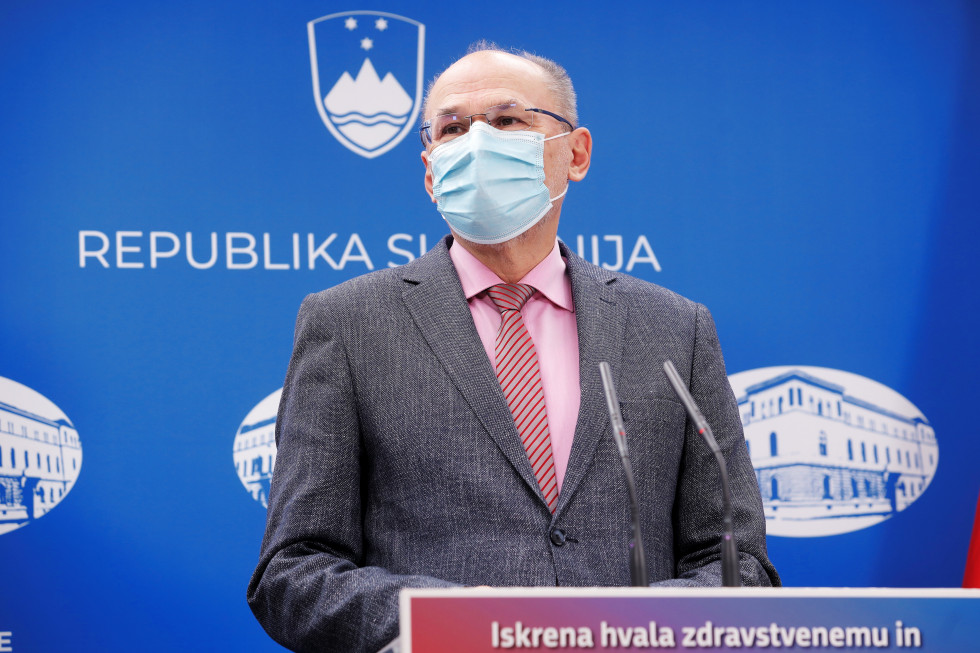Nova Gorica Home for the Elderly performing only PCR tests
According to the data for yesterday, 2,723 residents and 1,101 members of staff in homes for the elderly had tested positive for COVID-19. The figure for infected staff members includes 679 healthcare professionals.
Ms Slejko, a member of the regional team of the Health Insurance Institute, explained that her team covers 12 homes for the elderly, of which two are COVID-19-free. The Petrovo Brdo unit of the Podbrdo Home for the Elderly and the Renče Home for the Elderly have been hardest hit, with more than a 90% share of positive cases.
The home where Ms Slejko is in charge of healthcare has 302 residents, of whom 204 have tested positive, meaning that the share of residents infected with the new coronavirus totals 67%. Of the 200 employees, 64 have had COVID-19 and 20 are still positive. As of today, residents who tested negative may receive visitors. Residents infected with the virus can meet with their visitors in a “safe room” as was the case before.
Every Tuesday for over a month, all employees of the home have had regular PCR testing performed by external providers. So far, rapid tests have not been used.
Reconciliation of work and private life has always been an issue, commented Ms Kovač. Furthermore, she believes that everybody should be able to set boundaries to separate working from home and working for home or leisure time. Her recommendations to those working from home are as follows:
- Manage your time and set objectives. It is important that you compile a list of tasks. Objectives are a motivating factor.
- Arrange your workplace so that it always looks the same. If you cannot work in a separate room (physically separated from other areas in your home), you should re-arrange the space at the end of your working day.
- Your daily routine should, as far as is possible, resemble that of the office, as this gives you the feeling that you control the events, which is extremely useful when you find yourself in an unpredictable situation.
- You should set boundaries, as working from home often means that you also work during your free time or that your work overlaps with your household chores. These boundaries will also enable you to reserve time for your family and your other leisure activities.
- You should be flexible about your expectations instead of always striving for perfection. It is perfectly normal to feel anxious, weary and overworked if you work from home.
6.: And a final piece of advice: you have to be able to switch off. Switch off from work, phone and the internet. What matter most are your health, regular physical activity, regular and active breaks, a healthy diet, and sufficient sleep. Relax your mind. It is important that you are aware of stress. Smile as much as possible and enjoy life.


